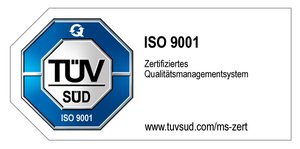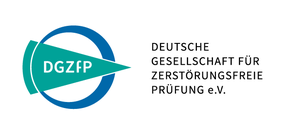Process capability analysis
Process capability analysis is a powerful statistical tool used to assess the ability of a process to consistently meet the specifications and requirements of a product or service. It provides insights into the performance of a process and helps organizations determine whether their processes are capable of producing outputs within the desired quality limits.
The process capability analysis involves several key steps:
- Data Collection: The first step is to collect data related to the process under investigation. This data typically includes measurements or observations of the process output or performance characteristics. It is important to collect a sufficient amount of data to ensure statistical validity.
- Statistical Analysis: Once the data is collected, statistical methods are applied to analyze and calculate various process capability indices. The most commonly used indices are Cp, Cpk, Pp, and Ppk. These indices provide quantitative measures of process performance and capability.
- Cp and Pp measure the potential capability of the process and compare the natural variation of the process to the specification limits. A higher value indicates a greater potential for the process to meet specifications.
- Cpk and Ppk take into account both the process variation and the process centering (how well the process is centered within the specification limits). They provide a more comprehensive assessment of process capability by considering both within-subgroup and overall variation.
- Interpretation of Results: The calculated process capability indices are then compared to predefined target values or industry standards to determine the process's capability. If the indices exceed the specified targets or meet the desired levels of performance, it indicates that the process is capable of meeting the requirements. Conversely, if the indices fall below the targets, it suggests that the process may need improvement.
- Process Improvement: If the process capability analysis reveals that the process is not meeting the desired levels of performance, it indicates the need for process improvement. This can involve identifying and addressing the sources of process variation, implementing statistical process control (SPC) techniques, redesigning the process, or optimizing process parameters to enhance its capability.
Process capability analysis offers several benefits:
- Quality Improvement: By evaluating process capability, organizations can identify areas for improvement and take proactive measures to enhance product or service quality. It helps in reducing process variability, minimizing defects, and achieving consistent output that meets customer expectations.
- Cost Reduction: A capable process leads to fewer defects, rework, and waste, resulting in cost savings. Process capability analysis helps organizations identify and address process inefficiencies, thereby reducing the costs associated with poor quality.
- Risk Mitigation: Understanding process capability is crucial for risk management. By assessing the capability of critical processes, organizations can identify potential risks and take preventive actions to mitigate them before they impact product quality or customer satisfaction.
- Continuous Improvement: Process capability analysis serves as a valuable tool for ongoing process monitoring and improvement. By regularly assessing process capability, organizations can track performance trends, identify deviations, and implement corrective actions to continuously enhance process capability and overall performance.
In conclusion, process capability analysis is a fundamental technique in quality management that allows organizations to evaluate the ability of their processes to meet specified requirements. By utilizing statistical methods and process capability indices, organizations can make data-driven decisions, improve process performance, and deliver high-quality products and services to their customers.
We find the perfect solution for your project.
Contact us if you have questions to our services in the area of 3D metrology. We are looking forward supporting you in your success.



